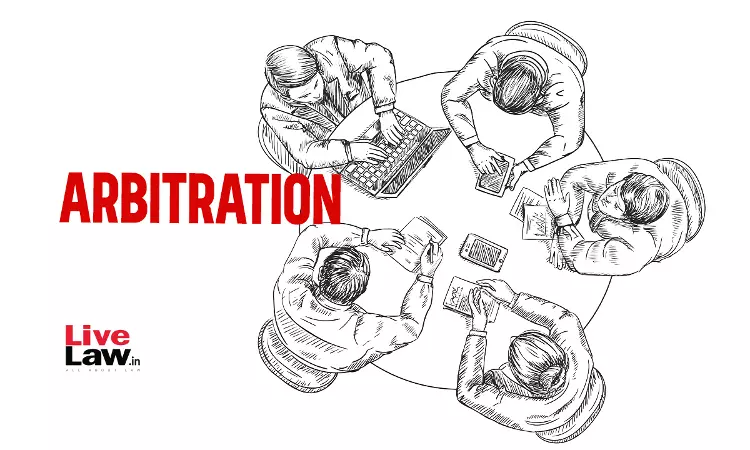The Kerala High Court has held that 'Group of Companies' doctrine is not applicable when the third party is not even referred to the arbitration. The Supreme Court adopted the 'Doctrine of Group of Companies' in Cox and Kings Ltd. v SAP India Private Limited and Other (2023). The Apex Court held that a non- signatory affiliate or a sister or parent company can be a party to the...

